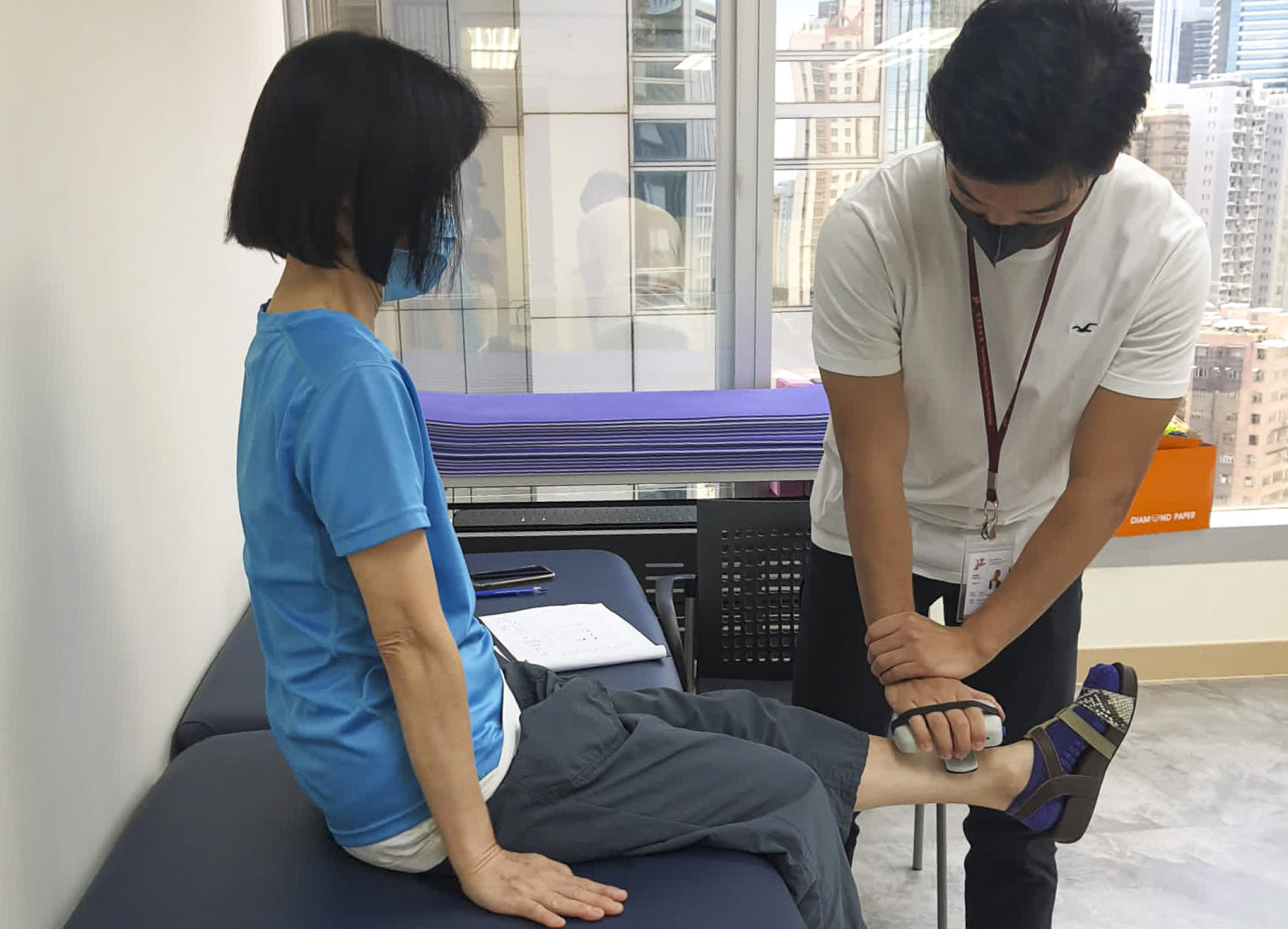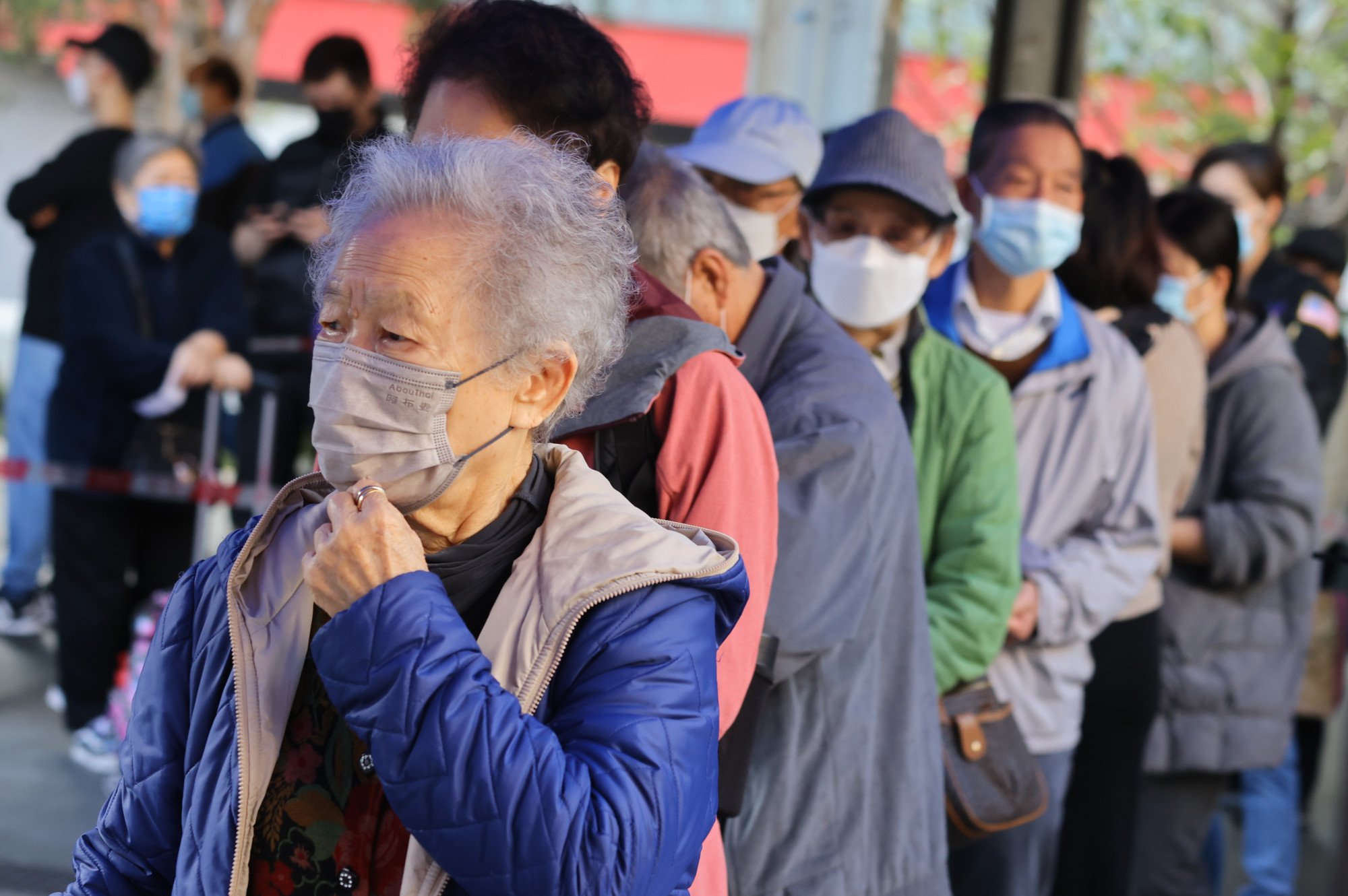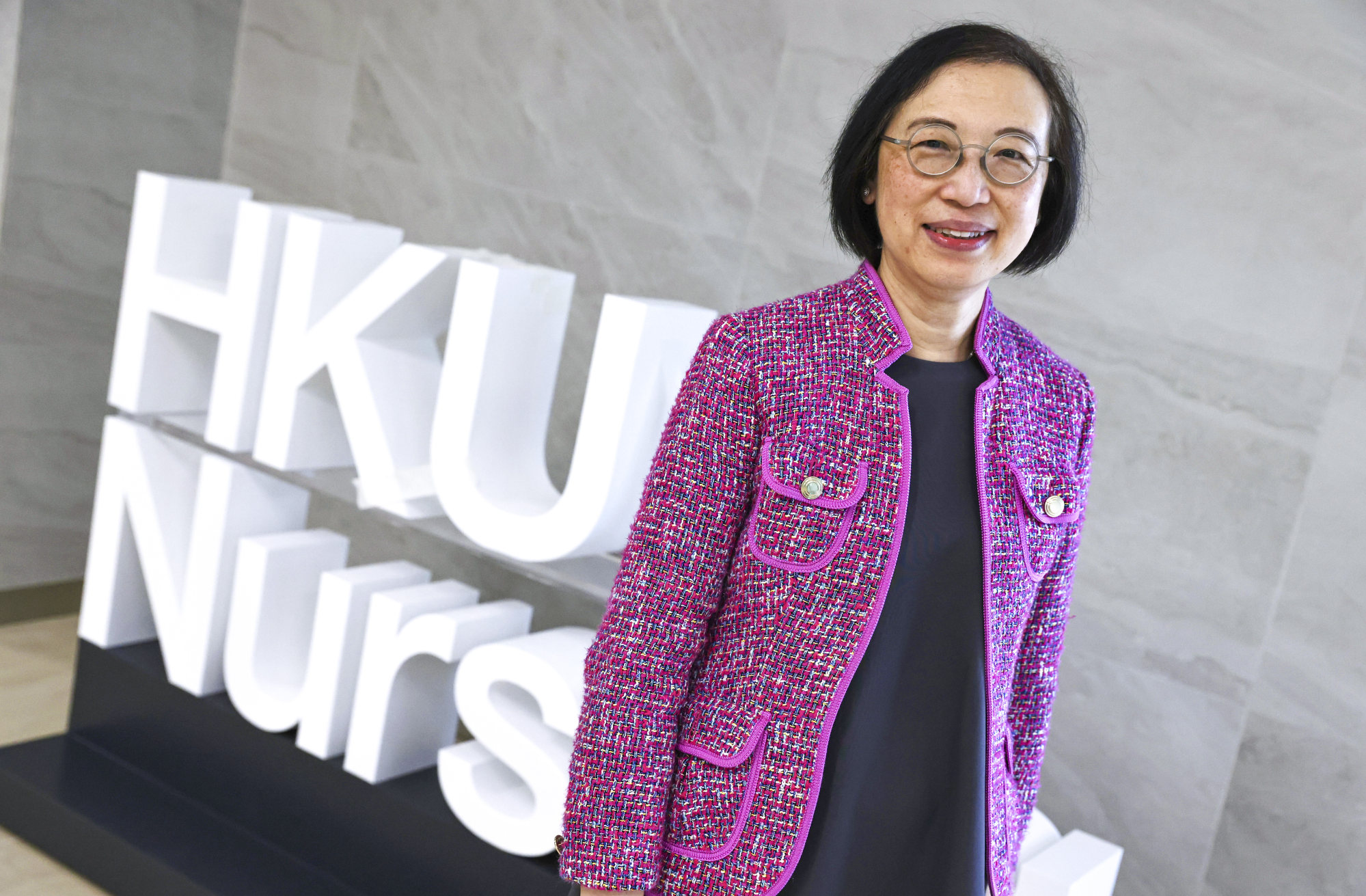
No ‘toothless tiger’: Hong Kong’s new primary care authority must cut red tape, get more nurses, says Sophia Chan
- Former health secretary says successful primary care will see fewer patients going to hospital
- Many elderly patients used to seeing doctors in hospitals will need to be persuaded to change
Hong Kong’s new primary care authority will avoid becoming a “toothless tiger” if it cuts red tape and empowers community nurses to do more for patients, former health chief Sophia Chan Siu-chee has said.
Now a professor of nursing at the University of Hong Kong, she said officials aiming to transform the city’s health landscape must also act to woo nurses and retain talent. Last year alone, 2,600 nurses quit the public sector.

“It can’t be a toothless tiger, primary care reforms are what the city has long awaited,” she told the Post, in her first media interview since leaving office earlier this year.
Stressing the need for more funding too, she said: “In the long term, primary care can improve public health and reduce the burden on hospitals. But sometimes, you must invest first before you can reap the rewards.”
During her tenure as secretary for food and health, Chan was an advocate for increasing primary healthcare in the community, focused on raising awareness about health issues, disease prevention and management, and supportive care that all help to reduce the burden on public hospitals.
7 key takeaways from Hong Kong leader John Lee’s first policy address
Since 2019, district health centres and smaller “DHC expresses” have been set up in all 18 districts, offering a range of services from health assessments to promoting diet and exercise, help with managing chronic diseases and rehabilitation for stroke patients.

Chan expected some teething problems, saying it could be hard to reshuffle existing primary care services, such as those for the elderly and women, and bring them under one roof at the authority.
The changes would also affect many patients, especially the elderly who were used to going to a hospital to see a specialist, she said. For hospitals, transferring patients to community health centres involved extra paperwork.
In promoting primary care, much would depend on whether staff at the community health services could show patients that they benefited from going there instead of to hospitals.
Hong Kong’s public hospitals to offer up to HK$6 million home loan to staff
“The burden on hospitals will remain the same if patients insist on queuing up there for various services,” Chan said. “So the local nurses have to act as health coaches and coordinators with power to send a patient back to a specialist if needed.”
Besides her academic duties at HKU, Chan also took on a new role advising university president Xiang Zhang on promoting community health and other priorities.
Since leaving office, she has been spending time training and developing career paths to attract new talent to community nursing.
She said community nurses needed different skills compared with those in hospitals, and had to communicate well as health coaches.

“We have to break down barriers and obstacles and simplify entry procedures,” she said.
Given the high attrition rate among nurses, she urged officials to look at allowing those trained overseas to work in Hong Kong without having to sit local exams and undergo internships.
Hong Kong’s scheme for foreign-trained doctors gets dozens of applications
With other plans such as a pilot scheme to subsidise residents being screened for chronic diseases, Chan said she understood the need for a “step-by-step” approach and guarding against the abuse of subsidies.
Ultimately, however, she felt it was important to promote and entrench the shift to primary healthcare and emphasise the benefits for all.
“Even healthy people have risk factors they should be aware of, and the system should allow them to take control of their own health,” she said.
